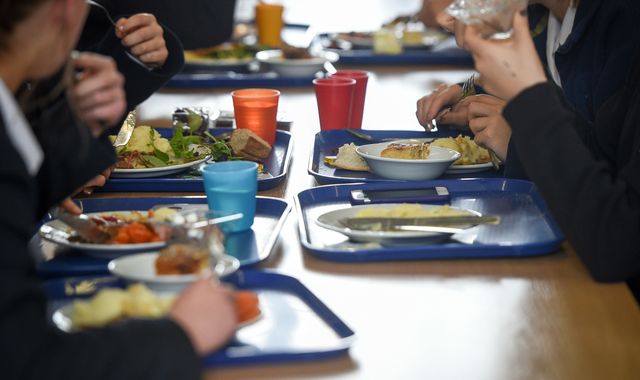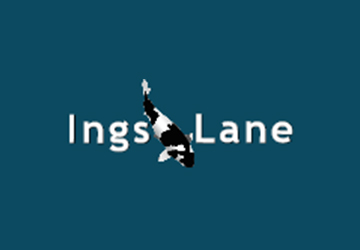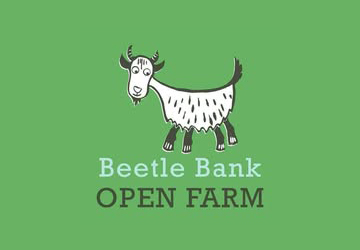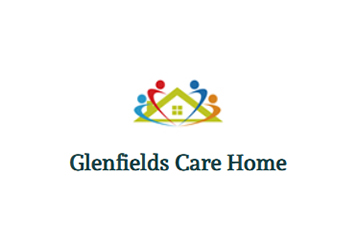The Education Policy Institute (EPI) says some disadvantaged families struggle to register for them due to the stigma, which makes some parents and carers reluctant to apply, alongside a lack of digital access and IT skills.
Language barriers for those with English as an additional language can also provide challenges in accessing free school meals.
Dr Tammy Campbell, co-director for early childhood and wellbeing at the EPI, told Sky News there are “tens of thousands that are eligible for free school meals not receiving them”.
The report recommends a new national system of auto-enrolment and other measures to address the issue.
How many children should be getting them?
Official figures from January 2025 show almost 2.2 million pupils in England were eligible for free school meals, representing 25.7% of all state-funded pupils.
This is an increase of 77,700 pupils since January 2024.
Eligibility rates are highest in the North East (32.3%) and lowest in the South East (20.6%) and East of England (20.7%).
The most recent government statistics for the UK as a whole show a record 4.5 million children living in poverty.
And why aren’t they?
The EPI report says the current low-income threshold makes free school meals less meaningful as a measure of disadvantage.
To be eligible for free school meals, a household’s income must be less than £7,400 a year after tax and not including any benefits.
David Huntingford, headteacher at William Ford Junior School in Dagenham, east London, told Sky News it means “there are a number of parents who want free school meals and need free school meals, but they cannot qualify for them because they are working”.
He said some parents might question whether they are “better off not working because of the benefits” they could receive.
Other barriers include “the complexity of the language of the forms” needed to apply.
Read more from Sky News:
Poorer SEND children being left behind
Trainee teachers offered tax-free perks
Starmer expands free school meals
‘There are children who are hungry’
Mr Huntingford said: “Because we’re a London primary school, every child automatically gets a free school meal.
“But we need to look at the coastal areas, and more rural communities as well. There are children there who are hungry, and they are suffering, and they need that free school meal.”
“As educators, our concern is making sure that children have food in their bellies, because a hungry child is a child who’s going to find it very, very difficult to regulate their behaviour, their emotions.
“They’re going to find it extremely difficult to engage in class and in their learning and to make progress as well.”
‘Too many children fall through the cracks’
Daniel Kebede, general secretary of the National Education Union, said: “We know that measuring entitlement to free school meals does not accurately capture which children are growing up in poverty.
“Too many children fall through the cracks, as eligibility criteria have excluded many and registration processes create barriers to access.
“This has the knock-on effect of preventing schools from unlocking the funding they need to support their pupils.”
A Department for Education spokesperson said: “This government has taken a historic step to tackle the stain of child poverty – offering free school meals to every single child from a household that claims Universal Credit.
“The new entitlement will see over half a million more children able to benefit from a free meal from next school year and lift 100,000 children out of poverty.
“We are also upgrading our eligibility checking service to make it even easier for families to claim free meals and will continue to work closely with the sector as we review wider disadvantage funding.”
The Education Policy Institute collated its data from several major national datasets, including the Department for Education’s National Pupil Database (NPD), the Office for National Statistics (ONS), and the Department for Work and Pensions’ Households Below Average Income (HBAI) dataset.
It also drew on the Millennium Cohort Study and linked education administrative datasets provided through the UK Data Service and UCL Institute of Education’s Centre for Longitudinal Studies.










































